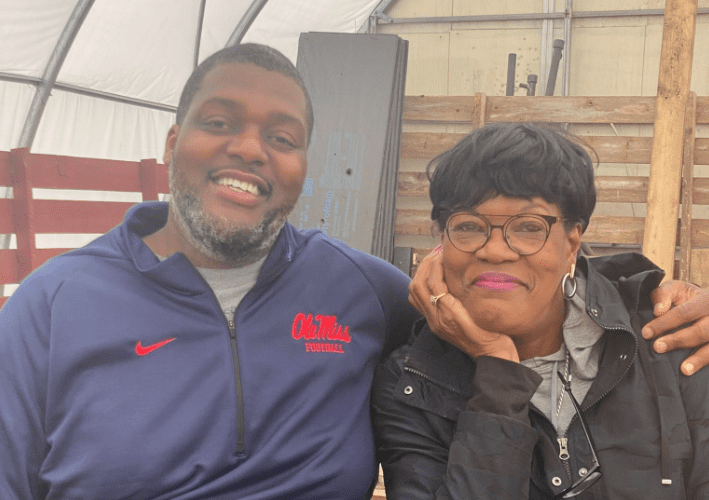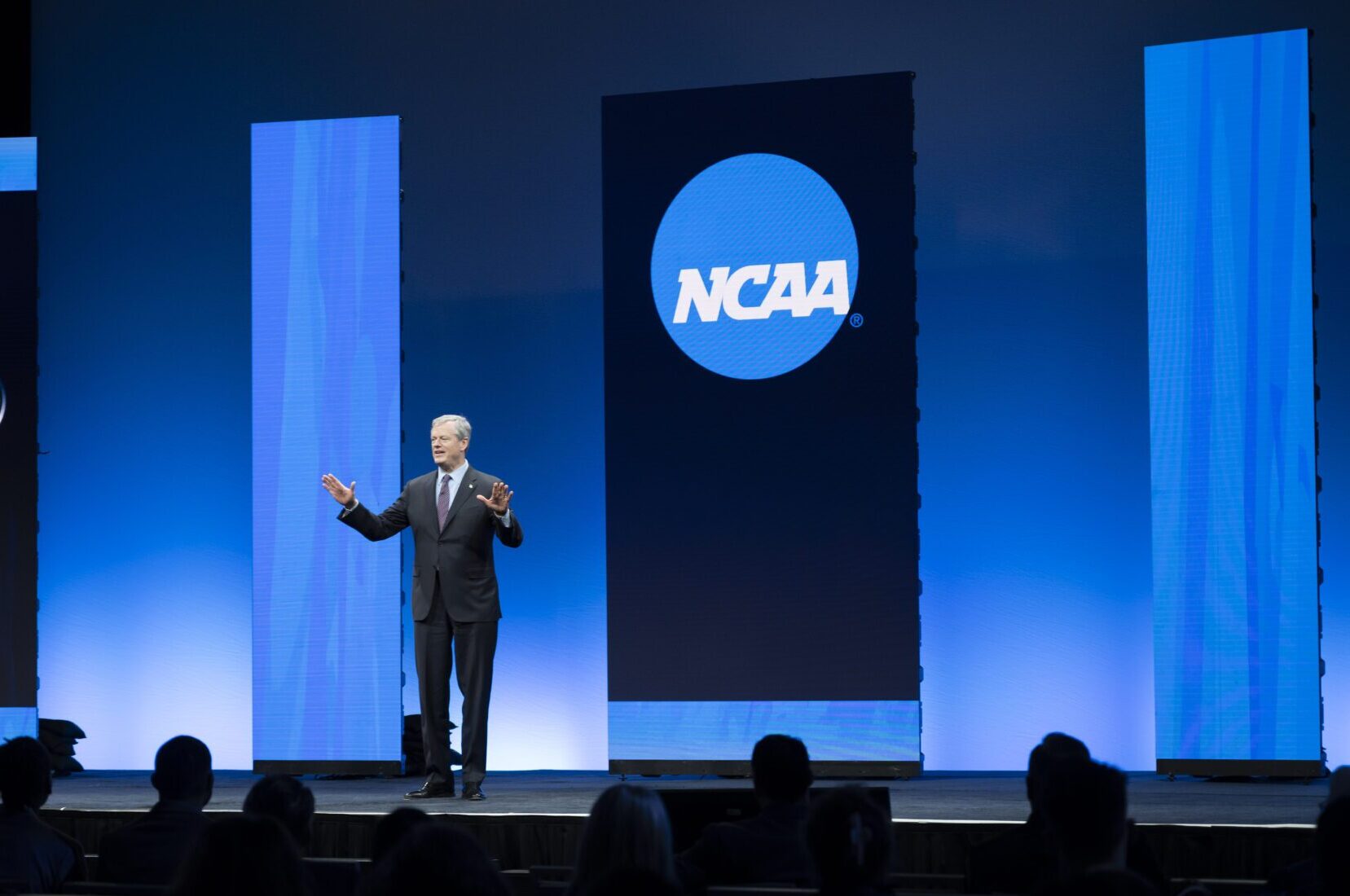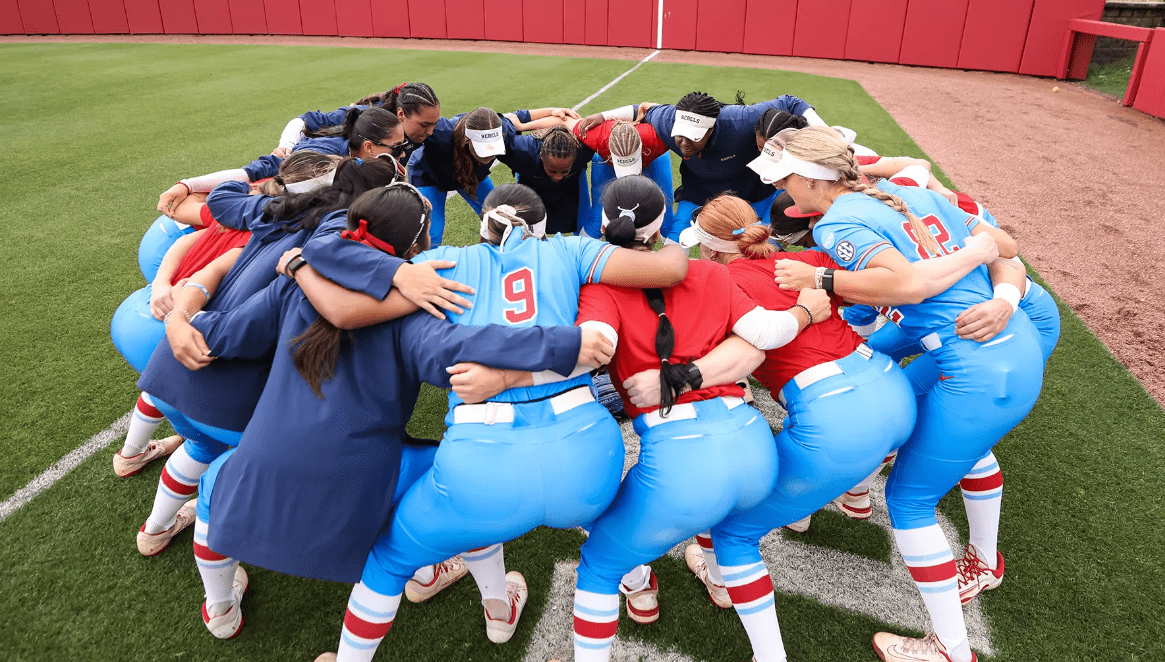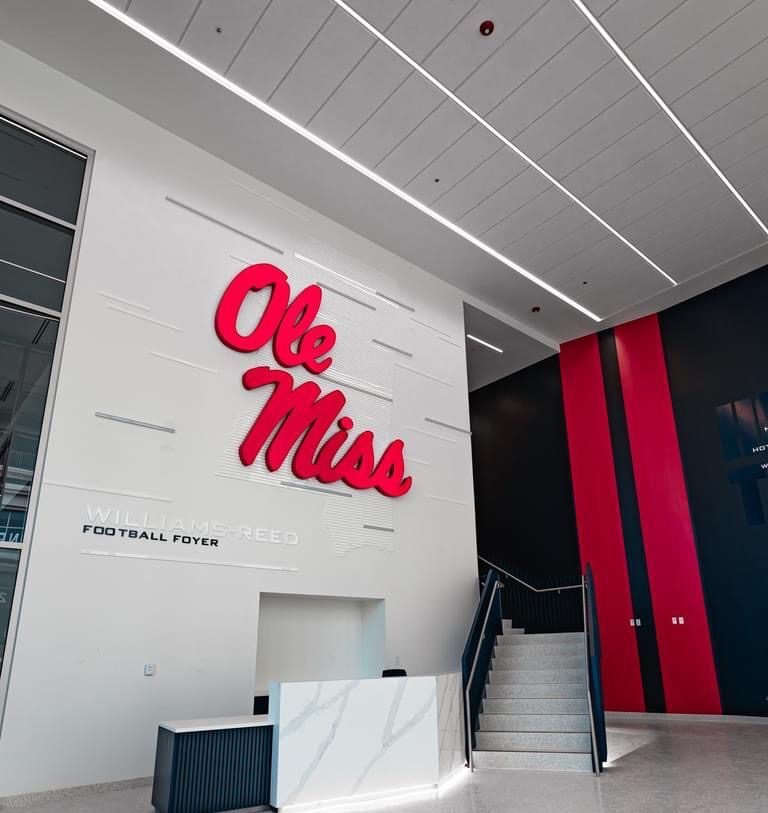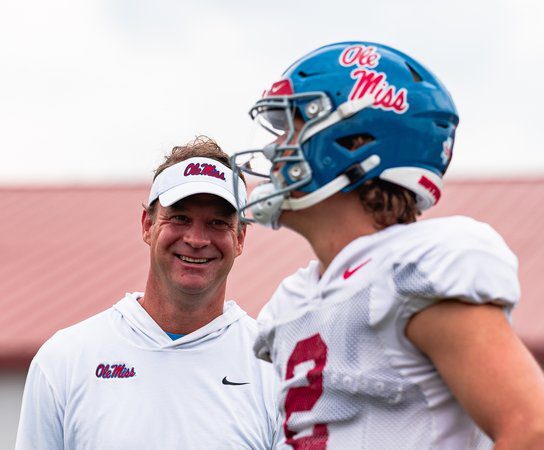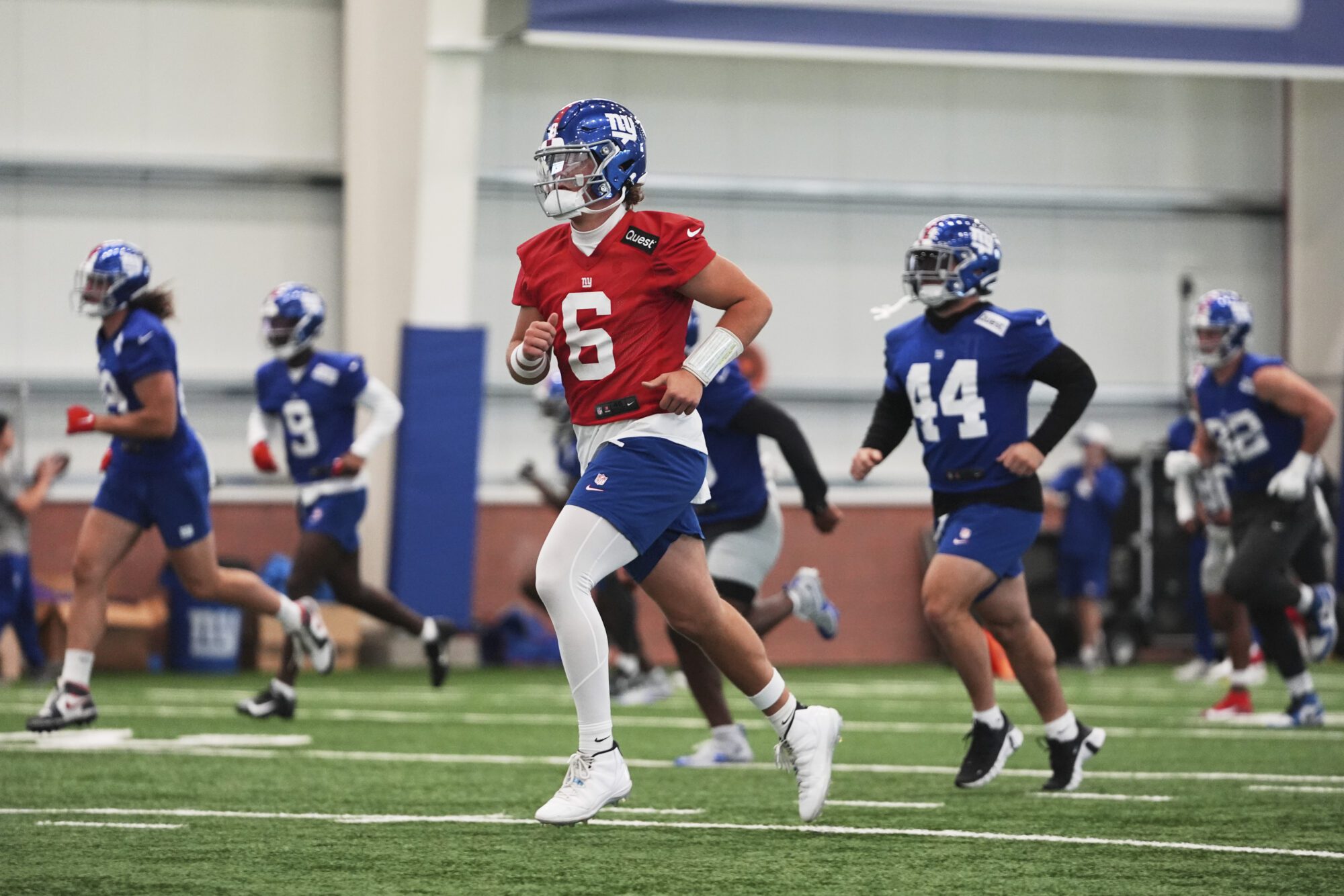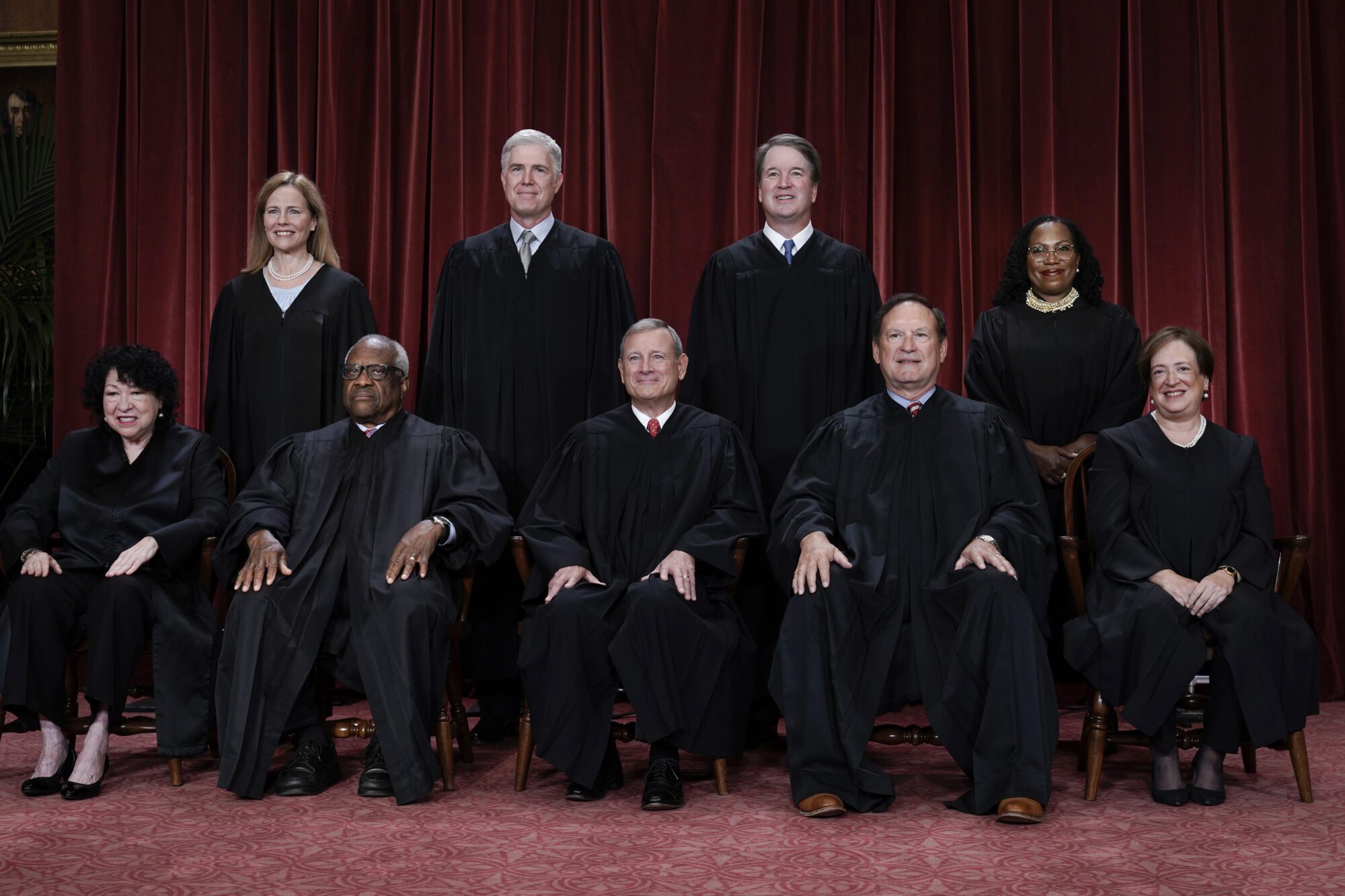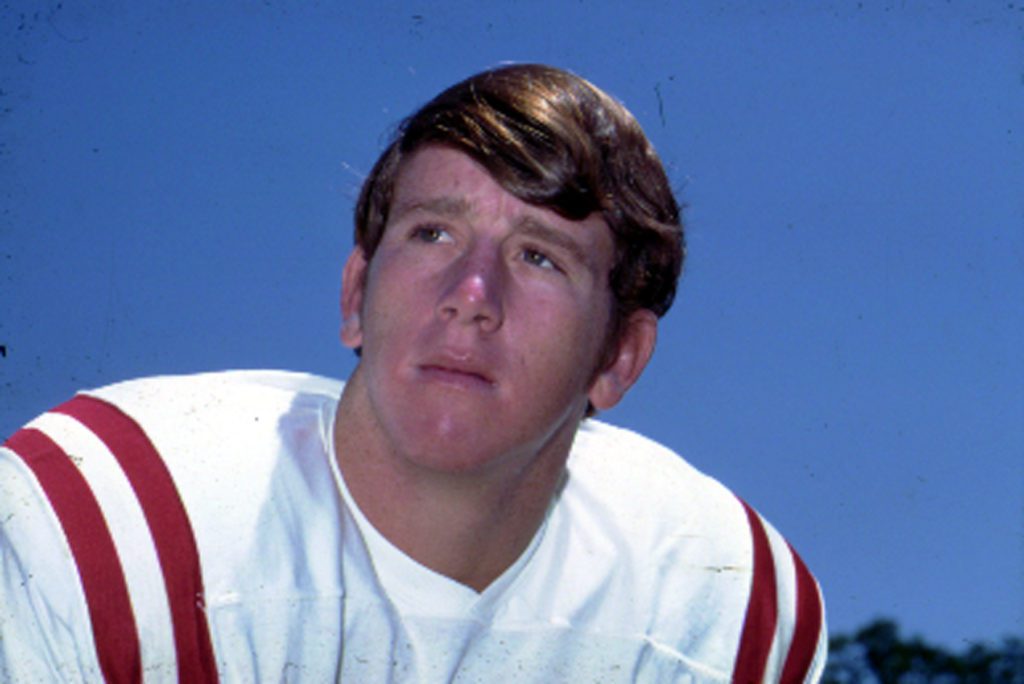
In his first piece with Magnolia Tribune, veteran sports writer Parrish Alford reflects on Mississippi’s unique love for the game of football and some of the Mississippians who have made an outsized impact on the game.
It’s kind of hard to think of one state having cornered the market on the love of the game of football. But some Mississippians might tell you privately they have. If they’re the brash type, maybe they say it publicly.
I grew up in Denham Springs, about 15 minutes from the LSU campus. If there wasn’t a state law requiring Louisiana residents to cheer for LSU, it sure seemed like it. The few violators I knew during high school cheered for Ole Miss.
Had we known then I would plant myself in Mississippi and cover the Rebels, we’d have had a good time with that information.
For nearly 35 years now, I’ve called Mississippi home. I suppose I’ve passed any kind of statute of limitations, if there was one, to be called a Mississippian.
Still, some things never end, like people looking at me and saying “y’all” in any sentence about LSU. I didn’t attend LSU. My degree says Northeast Louisiana, a name I still cherish even though my alma mater now calls itself Louisiana-Monroe.
Growing up in South Louisiana and pursuing higher education in North Louisiana helped me tie the whole state together.
Becoming Acquainted with Mississippi
I had a similar experience in Mississippi after arriving in 1989.
One of my first assignments for The Meridian Star that summer was to cover the state high school all-star weekend in Jackson. Tupelo’s Todd Jordan quarterbacked the North team then. Now he’s my mayor.
Meridian High School competed against Jackson-area teams and teams in South Mississippi when I worked there. I became acquainted with East Central Mississippi and the South covering Meridian High School and making trips to Hattiesburg to cover Brett Favre and Southern Miss.
When I got to Tupelo in 1993, it wasn’t long before I felt like I’d tied both ends of Mississippi together.
I’d say three-and-a-half decades of property taxes, putting two kids through college in Mississippi, and marrying a Mississippi girl allows me to be called a Mississippian.
But with or without the title, I’ve been a football observer in Mississippi.
What I’ve seen is a state that embraces its heroes. That includes its many heroes in music, literature and other walks, but especially football. We revere gridiron legends across high school, college, and pro ball here.
Take, as an example, Archie Manning. There’s a deeper connection with Ole Miss folks and the “Redhead from Drew” than exists with most college fanbases and their past stars.
Walter Payton is revered for his shiftiness and elusiveness on the field, but the fact that the NFL’s Man of the Year award bears his name is testimony to his character and values learned in Columbia, values similar to many other small towns in Mississippi.
The Legend of Marcus Dupree
Heroes like Marcus Dupree matter even when they flash only briefly in the NFL. It’s not hard to find folks who think Dupree, from Philadelphia, was the best there’s ever been.
“I remember one of our coaches telling me the first time he saw Marcus Dupree. It was a junior high track meet. They had lined up to run the 100-yard dash. Our coach, Steve Cheatham, remembers watching from a distance,” recalls Robbie Robertson, 51, who grew up in Neshoba County and now lives in Newton County where he’s the sports editor of the Newton County Appeal.
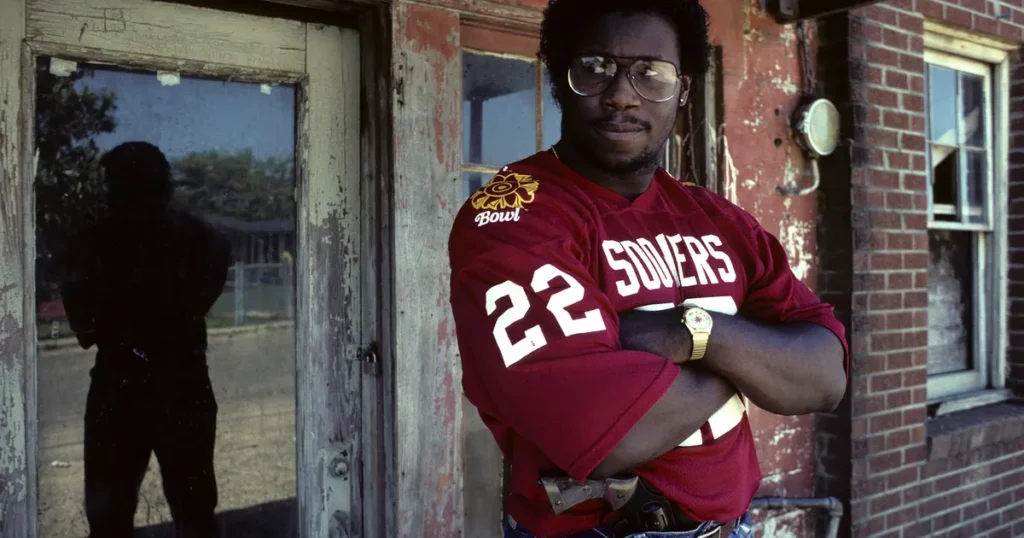
“Steve was watching from a distance and saw five or six skinny little kids and one big ’ol fat lineman kid. He thought, ‘What are they doing. That’s not fair to that kid to let him run in this.’ Then Marcus won that thing by like 20 yards, and when he passed, Steve saw him up close and knew then he was a big, muscular kid.”
In fact, it was Dupree’s speed coupled with his near-230 pounds on a 6-foot-2 frame that created the unfair advantage.
Dupree’s high school recruiting, at a time that many big-time programs considered NCAA rules optional, became legendary. It was chronicled by the late Willie Morris.
Dupree’s college career never got off the ground at Oklahoma nor at his landing spot, Southern Miss, but his legend got him a shot with the New Orleans Breakers in the old USFL and later with the Los Angeles Rams.
Mississippians followed Marcus Dupree.
People went to Philadelphia games who had no connection whatsoever with the Tornadoes but wanted to see for themselves this generational talent whose fame was spreading fast.
Country Boy Becomes Coaching Legend
Bobby Hall went 310-106 coaching high school football in Mississippi. He won four state championships, two each at Amory and Louisville.
A native of Guntown just north of Tupelo, he ran the gamut in the state, coaching in the South, Central and North. Hall coached at multiple levels, including junior college and semi-pro in two seasons with the Tupelo Fire Ants.
He’s seen the connection especially in the small towns.
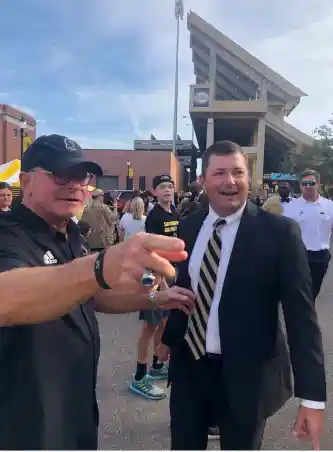
“I can’t tell you how many times (at Amory) we would go on the road when games all started at 7:30, and we’d get there at 5:30. We’d get off the bus in our shirts and ties and walk the field. I can’t tell you how many times we walked the field — at Pontotoc or Shannon primarily — and the visiting stands were already packed. We’d get a standing ovation. I’m telling you, you don’t get that at the big schools. You just don’t.”
When Hall wasn’t winning state championships ,he was almost always in the mix. His teams finished runner-up twice and reached the semifinals 12 times.
“Madison Central is the best public school in the state of Mississippi in my opinion, but man, you go to the coffee shop in Madison, and if there’s 12 men, two are for St. Joe, three are for St. Andrews, three for Madison-Ridgeland, and three for Madison-Central. The other one would be for Germantown. In Amory, I used to go to two coffee shops every morning. Everybody there wanted to talk to Coach.”
The apple did not fall far from the tree. Hall’s son, Will, is the current head coach for the Golden Eagles at Southern Miss.
Vaught Put Mississippi Football on the Map
In Mississippi, the love affair with football blossomed in its purest forms — high school and college. This was before the college game became a remade version of the NFL with pay-for-play through Name, Image and Likeness (NIL), and free agency through the Transfer Portal.
There were heroes at Mississippi State and Southern Miss. There was a junior college legend in Scooba, Bob “Bull” Sullivans. Sullivans was annointed as “The Toughest Coach There Ever Was,” by Sports Illustrated in 1984.
It was Reggie Collier who won hearts at Southern Miss about 15 years before Brett Favre showed up. Statistics say Collier was an adequate passer but an electric dual threat who rushed for 2,272 yards and 26 touchdowns over his last three years. He made plays and won games. The Golden Eagles were 24-8-1 with Collier as a starter, with wins over Florida State and Alabama.
It was running back Shorty McWilliams just after World War II at Mississippi State, or quarterback Dak Prescott, guiding State to a five-week run at No. 1 in the Modern Era. It seems, too, that the Bulldogs send a steady supply of defensive players to “The League.”
Jerry Rice, Charlie Conerly, Jackie Slater, Johnie Cooks, Deuce McAllister, all shone in Mississippi, along with dozens more.
It was John Howard Vaught, though, who made the nation notice college football in Mississippi.
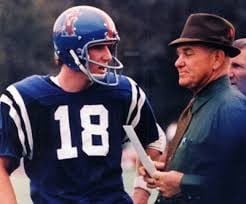
Some may forget that Vaught, a Texas native and TCU grad, was an Ole Miss assistant coach for one year before taking over in 1947. What followed was a 23-year run that included six SEC championships, six SEC coach of the year awards, and three national championships.
Vaught finished his career going 5-3 as interim Ole Miss coach in 1973. He produced amazing teams, with amazing players, long before Manning’s scrambling and passing.
Why We Love It
Bobby Hall thinks Mississippi’s love of football speaks to Mississippi’s personality as a state more generally. “We’re a blue-collar state with nuts and bolts people, a hard-working state that came up on agriculture in the beginning,” he said.
That history helps Mississippi people identify with a game that’s fast, physical and doesn’t play favorites.
“It really doesn’t matter who your daddy is, what kind of truck you drive, or what color your skin is. At some point in time football gets down to you and me. I didn’t make it that way, but that’s the way it is, and Mississippi loves that about football,” Hall continued.
“Does it matter more in Mississippi than it does in Alabama, Georgia or Louisiana? Probably not.”
But it may matter more than New York and California.
“The Deep South has a passion for football unlike anybody else. I’ll stand on a table and yell for that,” Hall said.
